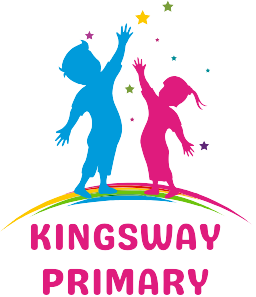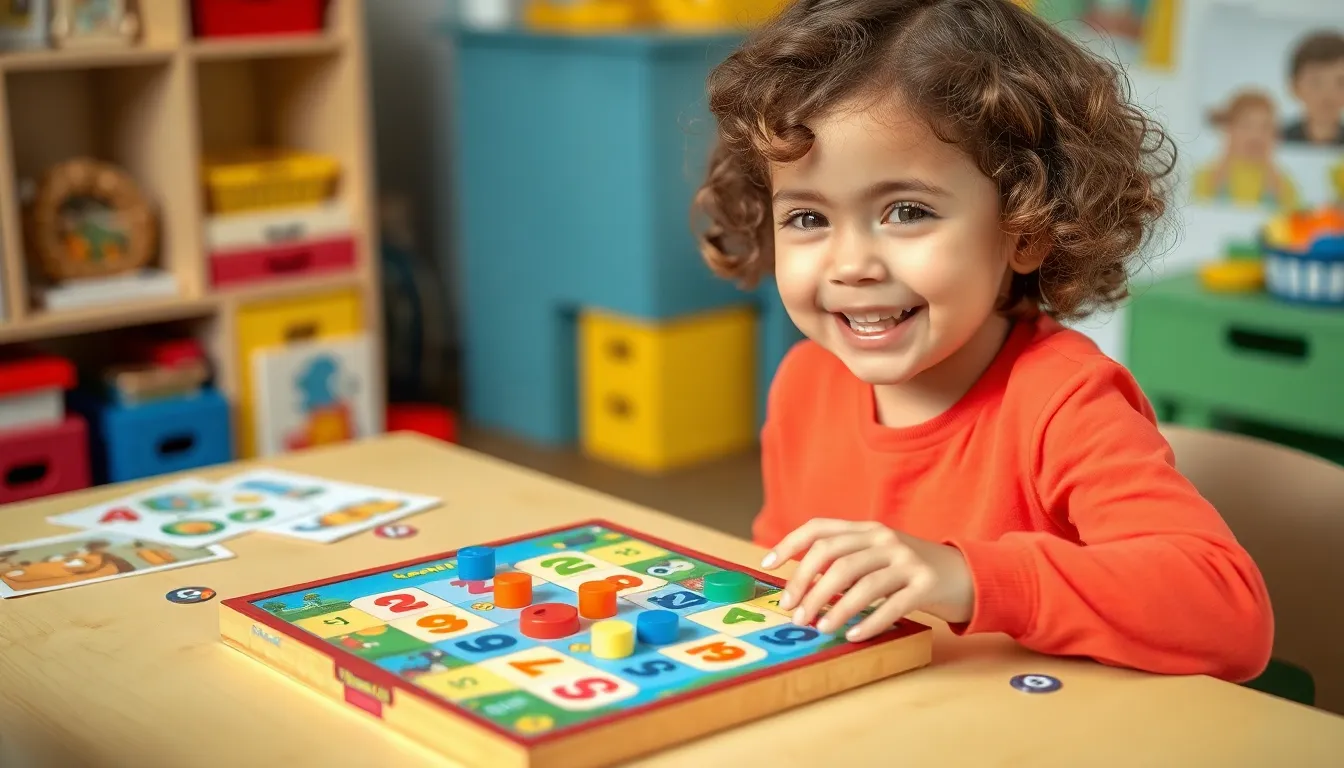Counting games are more than just a fun way to pass the time; they’re the secret sauce to boosting cognitive skills while keeping boredom at bay. Imagine a world where numbers dance, and kids giggle as they learn to count without even realizing it. These games transform math from a dreaded subject into an exciting adventure, making learning feel like playtime.
Table of Contents
ToggleOverview of Counting Games
Counting games serve as a valuable tool for early childhood education. They promote numerical understanding while making the learning process enjoyable. Young children often encounter numbers through hands-on activities designed to enhance their counting skills.
Various types of counting games exist. Board games often feature counting as a central mechanic, engaging players to move pieces based on rolled dice. Digital applications also immerse users in interactive environments that reinforce number recognition and basic arithmetic.
Benefits extend beyond mere counting. Cognitive skills such as problem-solving and critical thinking often get developed through engaging in counting games. Social interactions occur when children play together, fostering teamwork and communication.
Guided play represents another effective method. Educators can incorporate counting games into lesson plans, providing structured opportunities for practice. These activities encourage repetition, vital for skill retention and mastery.
Research shows that games with visual components significantly enhance counting abilities. Colorful graphics and engaging sound effects capture children’s attention, making the learning experience memorable. When children enjoy the process, they retain more information.
Parents also play a crucial role. Involving them in counting games strengthens family bonds while providing additional reinforcement at home. Simple activities like counting objects around the house can complement organized gaming sessions.
Counting games continue to evolve, with technology offering new possibilities. Virtual reality and augmented reality applications allow for immersive counting experiences tailored to children’s interests. As these tools develop, the future of counting games remains bright and innovative.
Benefits of Counting Games

Counting games offer numerous advantages, particularly in fostering essential skills for children. Engaging in these games promotes a variety of developmental benefits.
Cognitive Development
Cognitive development receives a substantial boost from counting games. Children enhance their numerical understanding through engaging activities. These games strengthen memory skills as children recall numbers and sequences. Problem-solving abilities also improve, encouraging critical thinking while solving game challenges. Interactive environments provide visual stimulation, making learning memorable. Engaging with technology encourages kids to explore math concepts in creative ways. Research supports the notion that games with visuals significantly enhance counting skills, making them an effective educational tool.
Social Skills Enhancement
Social skills see considerable enhancement through counting games. Players collaborate, fostering teamwork and communication among peers. Engaging in games allows children to negotiate rules, developing conflict resolution skills. Sharing responsibilities within a group builds trust and encourages empathy. Parents’ involvement in games provides opportunities for family bonding, reinforcing social interactions. Benefits also extend to developing patience and respect for others’ turns during gameplay. When children play with others, they learn valuable life skills that extend beyond the classroom.
Popular Types of Counting Games
Counting games come in various forms, catering to different preferences and learning styles. These games enhance numerical understanding while making the experience enjoyable for children.
Board Games
Board games provide a tactile experience that engages players with physical components. Popular titles like “Chutes and Ladders” encourage counting in a fun and interactive way. Games often include colorful visuals that capture children’s attention, making them eager to play. Players take turns rolling dice and moving pieces, reinforcing turn-taking and counting skills. Strategic elements promote critical thinking, as children must evaluate their options before making moves.
Card Games
Card games adapt easily for various age groups, effectively reinforcing counting concepts. Games like “Uno” require players to recognize numbers and colors while matching cards, encouraging quick thinking. These games often involve simple rules, making them accessible. Players can practice counting through different formats, such as points and sets. Engaging in multiplayer formats fosters social interactions, teaching teamwork and communication skills.
Digital Games
Digital games offer innovative ways to enhance counting skills through interactive platforms. Applications and online games provide instant feedback, allowing players to adjust their strategies in real-time. Many digital platforms include appealing animations that hold children’s attention while they learn. Games may focus on specific skills, from basic counting to more complex arithmetic concepts. The immersive nature of digital counting games can significantly boost engagement, making learning fun and effective.
How to Incorporate Counting Games into Learning
Incorporating counting games into learning enhances engagement and understanding. Various activities exist for both home and classroom settings.
At Home Activities
Families can easily integrate counting games into daily routines. Simple activities like counting fruit during snack time or sorting toys by number promote interaction. Games such as “I Spy with Numbers” encourage children to spot and count objects while fostering observation skills. Using everyday items, parents can create games tailored to their child’s interests. Incorporating technology also helps; applications that focus on counting provide interactive and entertaining experiences. Engaging in these games strengthens family bonds while reinforcing essential counting skills.
Classroom Applications
Teachers benefit from using counting games to create an interactive learning environment. Incorporating board games into math lessons grabs students’ attention and encourages participation. Group activities, such as counting physical objects or playing math-related memory games, enhance cooperative learning. Digital applications designed for counting can be integrated into lessons, providing instant feedback. Allowing children to work in pairs during these games fosters communication and teamwork. Each of these classroom strategies supports numerical understanding while making math enjoyable and relatable.
Counting games offer a unique blend of fun and education that can significantly enhance children’s learning experiences. By engaging in these interactive activities, kids not only improve their counting skills but also develop critical cognitive abilities.
The versatility of counting games—from board games to digital applications—ensures there’s something for every child. These games foster social skills and family bonding while making math an enjoyable subject.
As technology continues to evolve, the potential for innovative counting games grows, promising even more engaging ways for children to learn. Embracing these games in both home and classroom settings can transform the approach to early math education, making it a joyful adventure.



